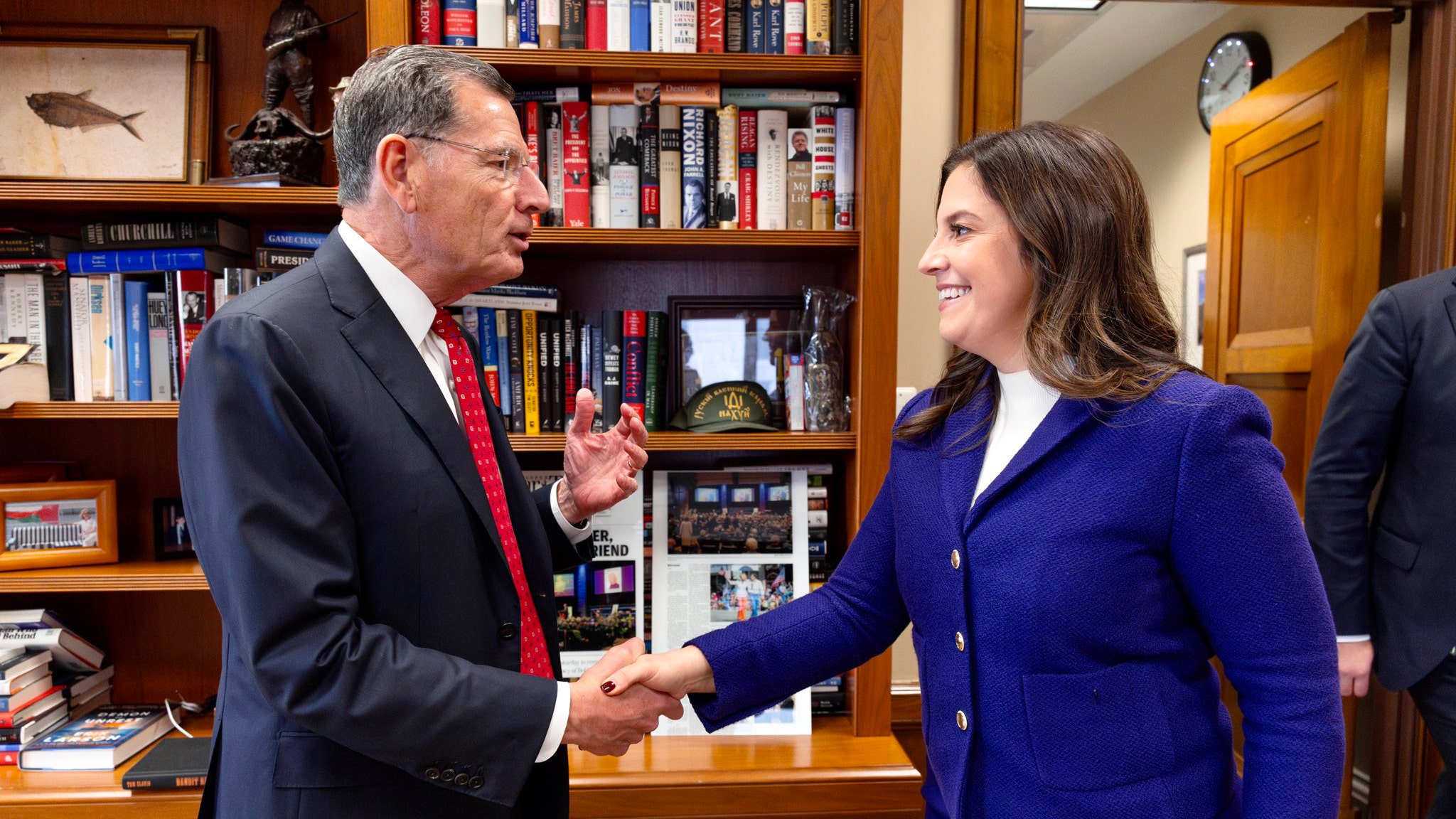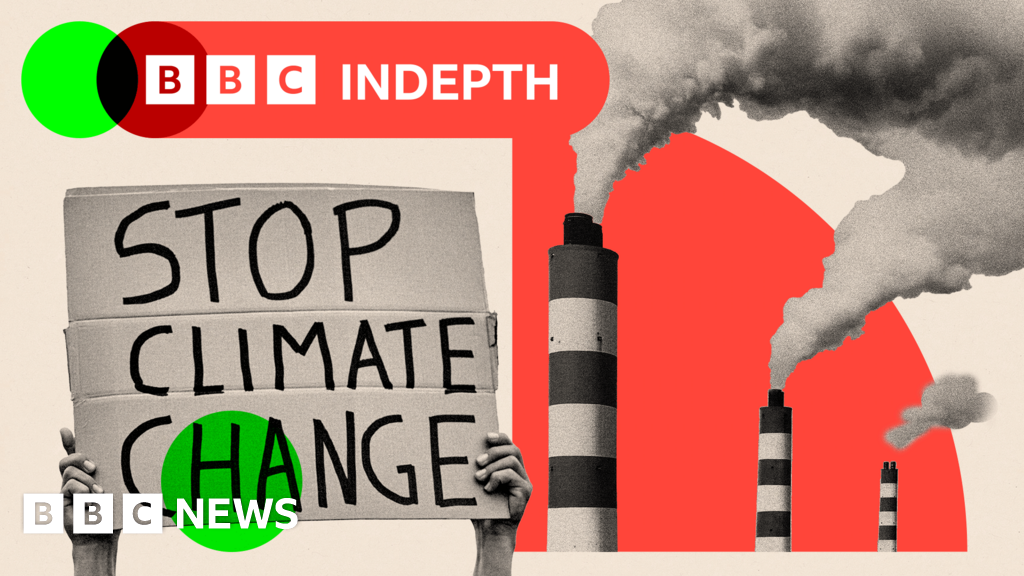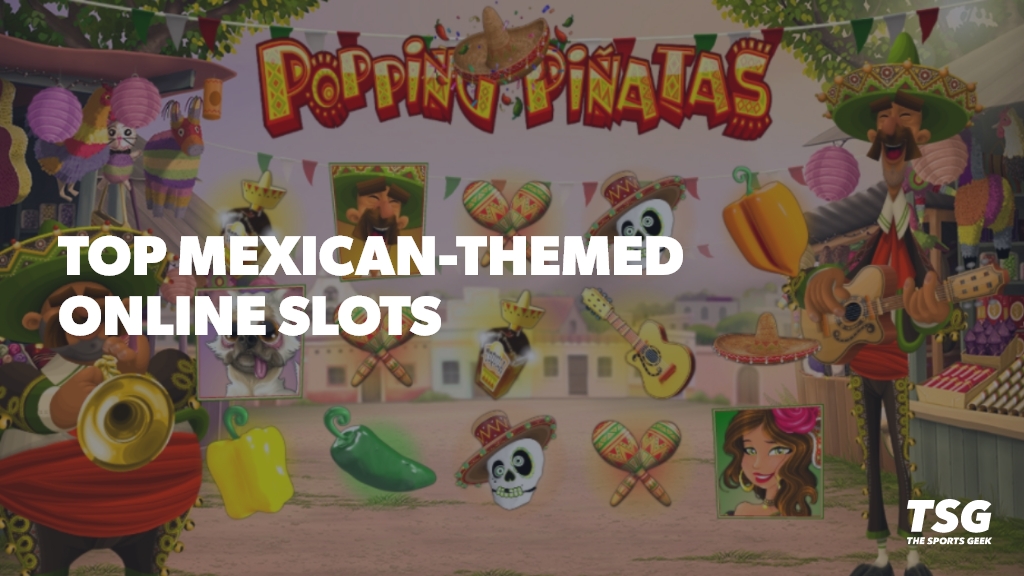World
BBC News to Increase Coverage of U.S. Election

The 2024 U.S. presidential election is heading into the home stretch and the BBC will be with it every step of the way. The U.K. public broadcaster plans to dedicate more airtime than ever before to the match-up between Vice President Kamala Harris and former President Donald Trump.
Extra hours of programming and entirely new shows are being added across BBC News, BBC.com and the BBC app, including an expanded version of World News America anchored by chief presenters Sumi Somaskanda and Caitríona Perry. Beginning Sept. 30 through mid-November, the news show will go from 30 to 90 minutes, airing at 5-5:30 p.m. and 6-7 p.m. (All times ET.)
Starting today, Somaskanda, Perry and Katty Kay will also host a limited-run weekly roundtable show, Path to the Presidency with Sumi, Caitríona and Katty at 6:30 p.m. Additionally, Somaskanda and Perry are hosting the Swing State Voter Voices series alongside correspondent/presenters Helena Humphrey and Carl Nasman. The quartet will interview swing state voters about their concerns ahead of Election Day.
On Oct. 9, Question Time—BBC One’s flagship political debate program—will travel to Philadelphia for its own election special, hosted by Fiona Bruce. That special will be broadcast from the National Constitution Center, where Harris and Trump recently held their blockbuster debate.
On the podcasting side, BBC’s Americast will now release three episodes a week, while The Global Story will air a six-episode series focusing on America’s international relations starting Sept. 24. Meanwhile, Season 2 of The Coming Storm will explore the various conspiracy-minded narrative swirling around the election and Marianna Spring addresses social media fury on Why Do You Hate Me (USA).
Given the massive ratings surrounding election coverage on domestic networks, it’s perhaps no surprise that international outlets are doubling down on the Harris/Trump race as well. Time will tell if viewers across the pond are more invested in this election than they were in their own.









